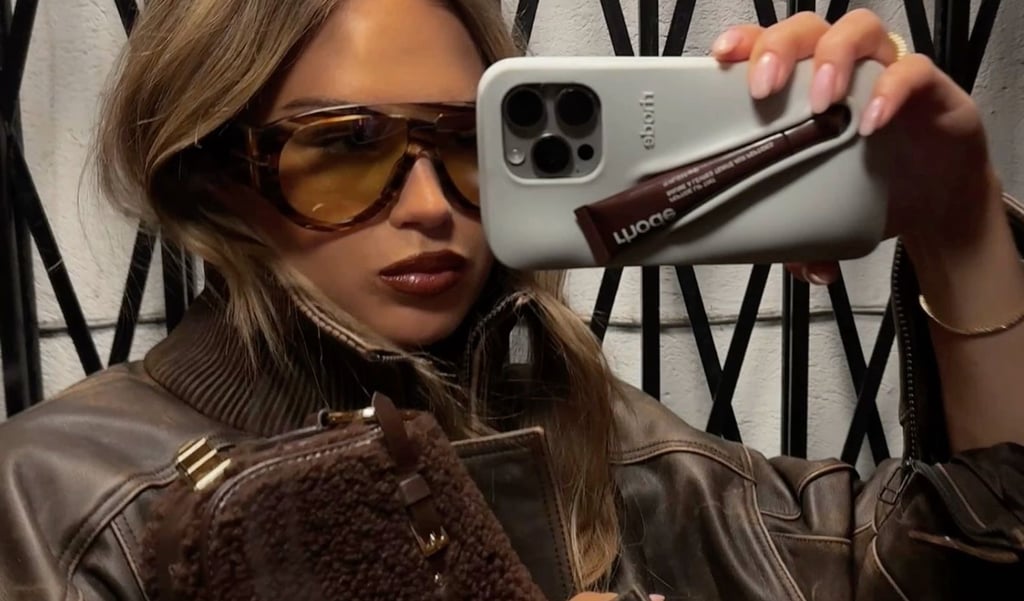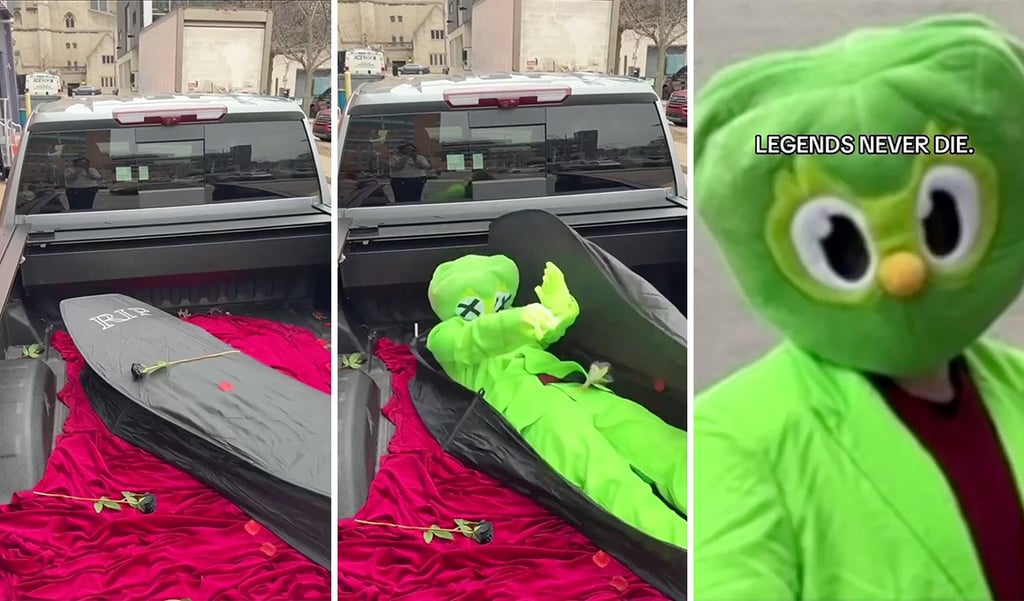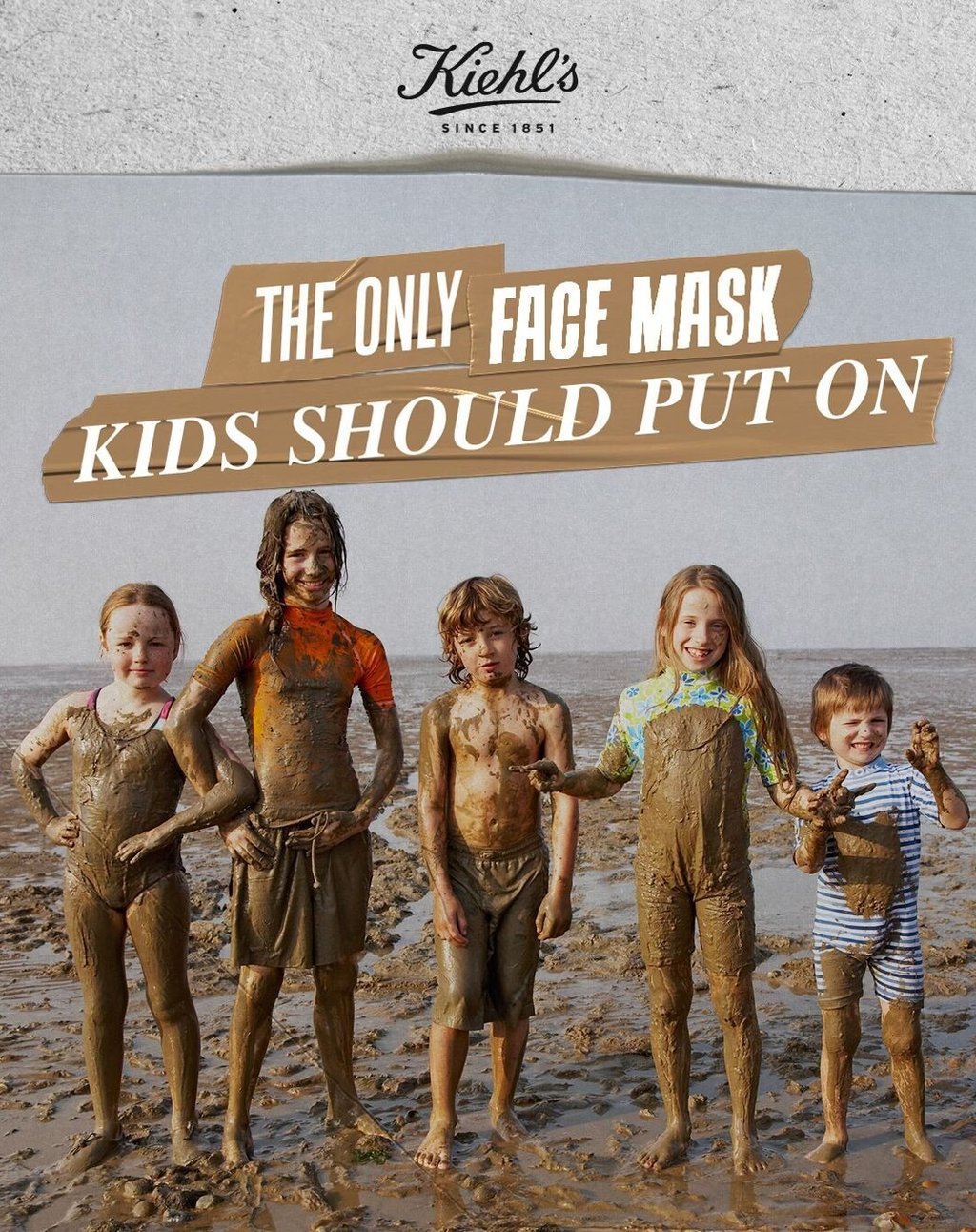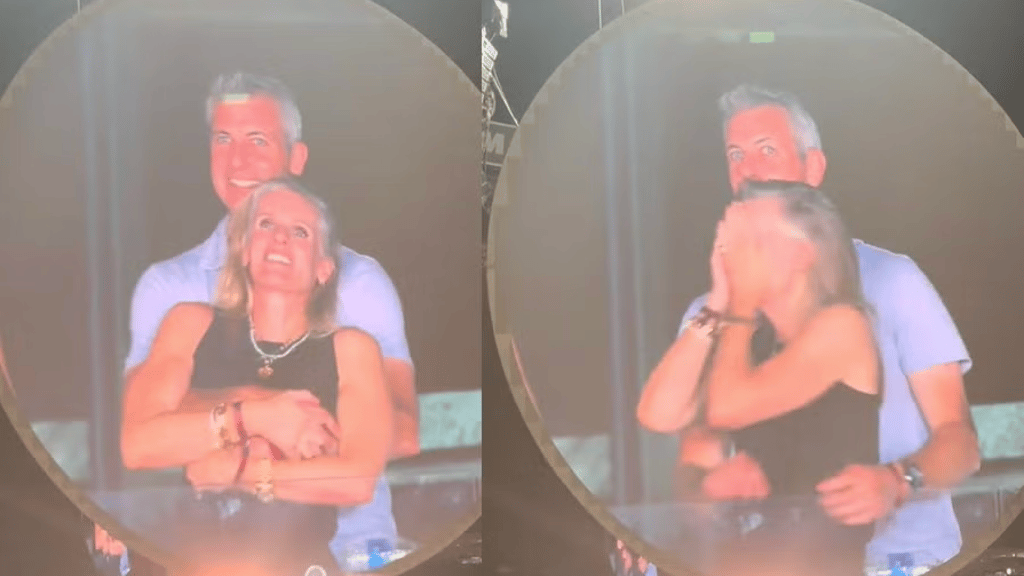Campaigns That are Changing the Game
In today’s marketing world, it’s not enough to just sell a product. The brands that win are the ones that. The smartest campaigns don’t just push an idea - they make consumers part of the story. Here are some standout examples of brands rewriting the rules and shaping today’s digital culture along the way.
Rhode transforms customers into advocates


Rhode, Hailey Bieber’s skincare brand, offers a curated range of minimalist skincare and beauty essentials designed for that trendy dewy, glazed-skin look. Bieber’s company has become a must-have for women 16–35, turning the glazed-skin look into a beauty obsession. Rhode’s lip balm phone case quickly became more than a beauty product - it became a phenomenon. When Hailey Bieber posted a mirror selfie featuring the case, a wave of user-generated content followed. And it wasn’t random: each post was part of a strategy, building community and amplifying the brand. The case became a social status symbol as much as a beauty accessory. Rhode showed that today, success is about giving consumers a role in the brand’s story.
Duolingo is a gamified language-learning app that turns daily practice into a fun, must-complete habit. Duolingo’s mascot, Duo, is no ordinary logo - it’s a TikTok superstar. Duo jumps on trends, reacts to cultural moments, and posts cheeky, unexpected videos. This “unhinged marketing” style speaks perfectly to Gen Z humor. In early 2025, Duolingo staged Duo’s “death,” triggering a viral buzz. The owl’s comeback was tied to daily user engagement, keeping fans hooked. Millions followed, millions watched, and a mascot became a bona fide star. Duolingo proved that humor, surprise, and interactivity can turn even a simple character into a cultural icon.
Duolingo’s owl goes viral


Kiehl’s sells by standing firm on its values
Kiehl’s is a skincare brand born in New York and now part of the L’Oréal Group. Kiehl’s The “Kids Should Be Kids” campaign shows that marketing can be about more than sales. TikTok trends push young girls toward unnecessary skincare and makeup. Kiehl’s did the opposite: they said no. Kids don’t need adult cosmetics. Consumers noticed, and in response, loyalty grew. This wasn’t just responsible messaging – it created an emotional connection with the target audience. Kiehl’s demonstrates that staying true to your values can be as powerful as any ad.
The company used this campaign to stand out not only with its message but also with its visuals. Instead of polished beauty shots, the brand showcased children naturally – muddy after playing outside with the line “The only mask kids should wear,” or laughing and dancing with the caption “The only routine kids need to learn.” This creative approach directly responded to the “skincare routine” trend but flipped it, celebrating childhood joy instead of cosmetic use.
The campaign’s stance became part of all L’Oréal’s group’s broader values, reinforcing a commitment to responsibility and authenticity, which can be read more about here. Consumers perceived it as genuine, and the “reverse psychology” effect worked: by refusing to profit from a harmful trend, Kiehl’s built stronger emotional bonds with its audience and strengthened brand loyalty.


“Astronomer” turns crisis into opportunity
In 2025, a small tech company Astronomer went viral after CEO Andy Byron’s antics at a Coldplay concert. Astronomer is a company that helps businesses move and manage their data more easily. During Coldplay's concert, Andy Byron was randomly shown on the stadium's big screen. Artists often highlight fans kissing, dancing, or having fun - similar to a "kiss cam." Later, the CEO was exposed online for cheating on his wife. Rather than hiding, the company leaned in, using Gwyneth Paltrow, Coldplay lead singer Chris Martin’s ex-wife, as a “temporary spokesperson” and creating a satirical video to present their company. What could have been a disaster became a chance to show creativity, humor, and boldness, instantly putting Astronomer on the map.


SKIMS uses: celebrities as cultural bridges
SKIMS is a shapewear brand founded by Kim Kardashian. Her company is rewriting the rules of fashion marketing and proving that influence today is about culture, not just clothing. By collaborating with an eclectic mix of icons — from pop provocateur Charli XCX to rising football star Jude Bellingham to timeless supermodel Kate Moss — the brand reaches audiences that would never normally overlap. Each partnership doesn’t just bring visibility; it creates a ripple effect of curiosity, conversation, and cultural relevance. SKIMS has mastered the art of turning celebrity endorsements into cultural moments, where the product becomes secondary to the story being told. This strategy positions the brand not only as a leader in fashion but as a shaper of modern culture, blurring the lines between sport, music, lifestyle, and style. In doing so, SKIMS isn’t simply selling shapewear — it’s building a global movement that people want to belong to, regardless of their usual interests


What unites all these campaigns? Today’s most effective marketing doesn’t just showcase products - it draws people into a story. Whether it’s through UGC, celebrity influence, humor, bold visuals, or values-driven messaging, the goal is to make consumers feel part of something bigger. Winning brands create emotion, meaning, and culture that people want to belong to. And if You want your brand to become part of that story too, reach out to us at thenoru.com – we’ll help you turn marketing into culture.
Contacts
© 2026. Noru kūrybinio marketingo agentūra
Šeimyniškių St. 18-1, Vilnius, Lithuania
Let’s stay in touch
